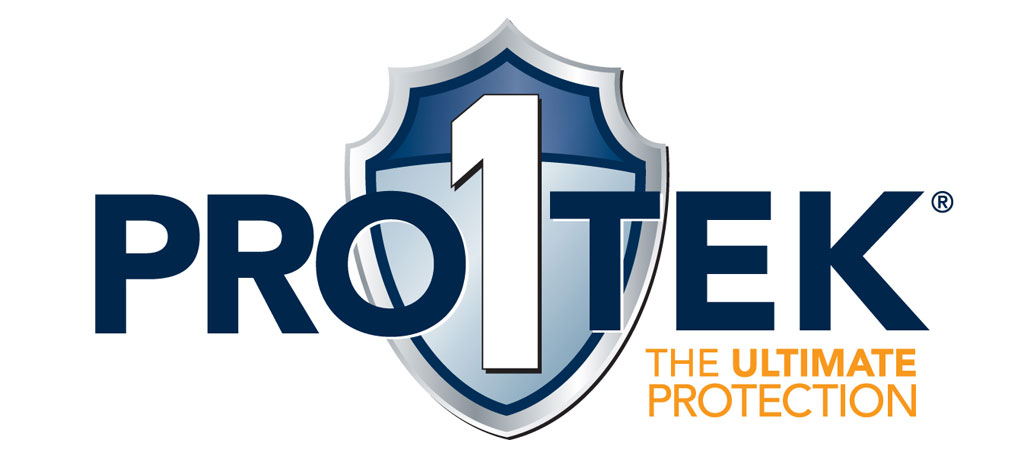Compression is one of the simplest ways to prevent severe bleeding, and yet it is not suitable in all cases, especially when the injured may have internal bleeding. Israeli-developed WoundClot bandages could offer a solution, saving lives within minutes – before the injured even reaches a hospital.
Developed by nano-materials specialist Dr. Shani Eliyahu-Gross of Core Scientific Creations, WoundClot is composed of a highly absorbent gauze made from regenerated cellulose (what plant cell walls are made of). When applied to a wound, this single-use, sterile bandage turns into a gel-state membrane, forming a stable membrane with the platelets (clotting blood cells) from the wound. By enhancing the natural process of coagulation, WoundClot stops hemorrhaging within minutes. Perhaps more importantly, the membrane lasts up for up to 24 hours.
According to the company, uncontrolled bleeding is the number one cause of death in battlefield and conflict zones, and the problem is twofold: Stopping the bleeding as quickly as possible, and ensuring that the body doesn’t further hemorrhage before reaching a hospital.
WoundClot provides a treatment for both issues, but also provides a solution in cases where compression is not effective or even damaging, such as stab wounds, head and neck traumas, or internal bleeding.
Yet, the most impressive feature of the bandage is that it breaks down in the body. “Our product is unique because it is bio-absorbable,” according to CEO Yuval Yaskil. “It means you want the product to break down, but also to have a very stable membrane. And that is basically the trick, or the patent that we developed.”
After the bleeding has stopped, the remaining residual membrane can be irrigated out of the wound safely without pulling on the soft tissue or the existing clot.
Priced at under $10 per bandage ($100 for larger surgical products), WoundClot is by far not the cheapest bandage on the market. But the company is aiming to replace other less effective products, even those with active ingredients intending to promote coagulation, which end up costing much more, according to Core Scientific Creations.
